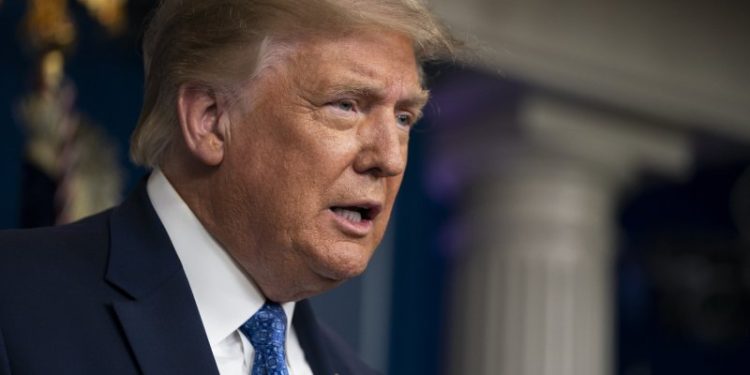President Trump’s supporters have condemned federal judges attempting to delay or block his administration’s government reforms. Yet one person remains unsurprised and undeterred by the backlash: Trump himself.
These politically appointed judges have issued rulings requiring federal agencies to rehire thousands of dismissed probationary employees, directing billions in taxpayer funds to dubious USAID projects and contractors, and mandating the return of deported foreign-born criminals for due process. Regardless of legal arguments, the public sees these orders as direct obstacles to the agenda Trump promised—and voters elected him—to carry out. The judges’ opposition is predictable, as they are entrenched in the very system Trump aims to overhaul.
Two-thirds of Americans believe the system is broken. For years, progressive politicians and pundits insisted it was unfixable, blaming “systemic” issues like racism, sexism, and injustice. Yet they offered no real solutions for millions of Americans struggling to succeed.
When Trump launched his 2015 campaign, he also declared the system broken—not due to inherent bigotry, but because it had grown outdated, weak, and corrupt, with leaders unaccountable to the people. This conviction shaped his first term and remains central to his second.
For decades, politicians avoided addressing real problems, relying on poll-tested lies rather than principled leadership. While some assume officials deliberately ignore public will, the truth is simpler: they lack the competence to solve the challenges facing the nation.
Elites, overwhelmed by a rapidly changing society, mask their incompetence by blaming “root causes”—a tactic that justifies inaction. This was glaringly evident in the border crisis, where leaders claimed migration could only be stopped by solving Central American poverty and climate change. Their real goal? Avoiding border security while funneling money into foreign aid and environmental regulations.
Trump exposed their dishonesty by swiftly reducing illegal crossings—without grand bargains or climate deals. The solution was obvious: secure the border. Yet only a clueless political class failed to grasp it.
Democrats, lacking substantive ideas, recycle failed buzzwords like “Nazis” and “autocrats,” hoping empty rhetoric will sway voters. But Americans recognize the party has no real agenda.
In 2015, Trump declared, “Politicians will never make America great again. They’re controlled fully by the lobbyists, by the donors, and by the special interests. It’s destroying our country.” Unlike his predecessors, he spoke to the frustrations of working-class Americans who saw their opportunities vanishing.
The Resistance to Trump’s first term relied on bureaucratic sabotage. Now, with his administration dismantling that system, opponents turn to the courts. But the ultimate authority rests with the American people, who will judge the legitimacy of these institutions.
Trump recently warned of “violent, vicious lawyers” manipulating the system. Like a coach pressuring referees, activists will sometimes sway rulings—but Trump trusts voters will see through the bias.
For a decade, Trump has exposed the political class’s failures, and voters continue to reward him. Judges may obstruct his agenda, but he is making his case directly to the public. In 2028, the people will deliver their verdict.
John J. Waters is a lawyer who served as a deputy assistant secretary of Homeland Security from 2020-21. Follow him at @JohnJWaters1 on X.
Adam Ellwanger is a professor at the University of Houston – Downtown, where he teaches rhetoric and writing. Follow him at @1HereticalTruth on X.
 Telegram is where we really talk. Don't miss out!
Telegram is where we really talk. Don't miss out!








